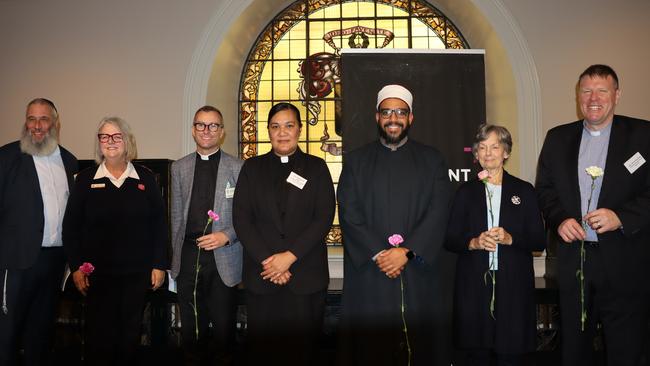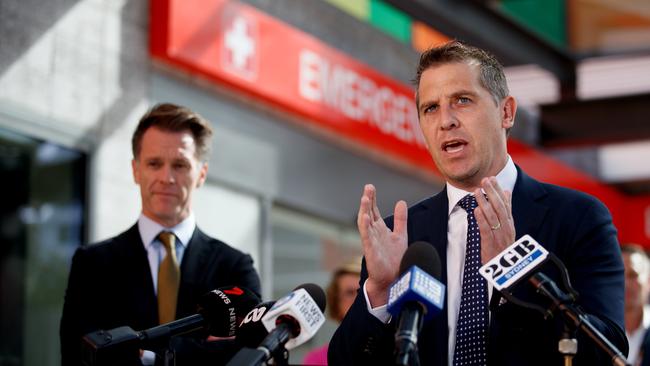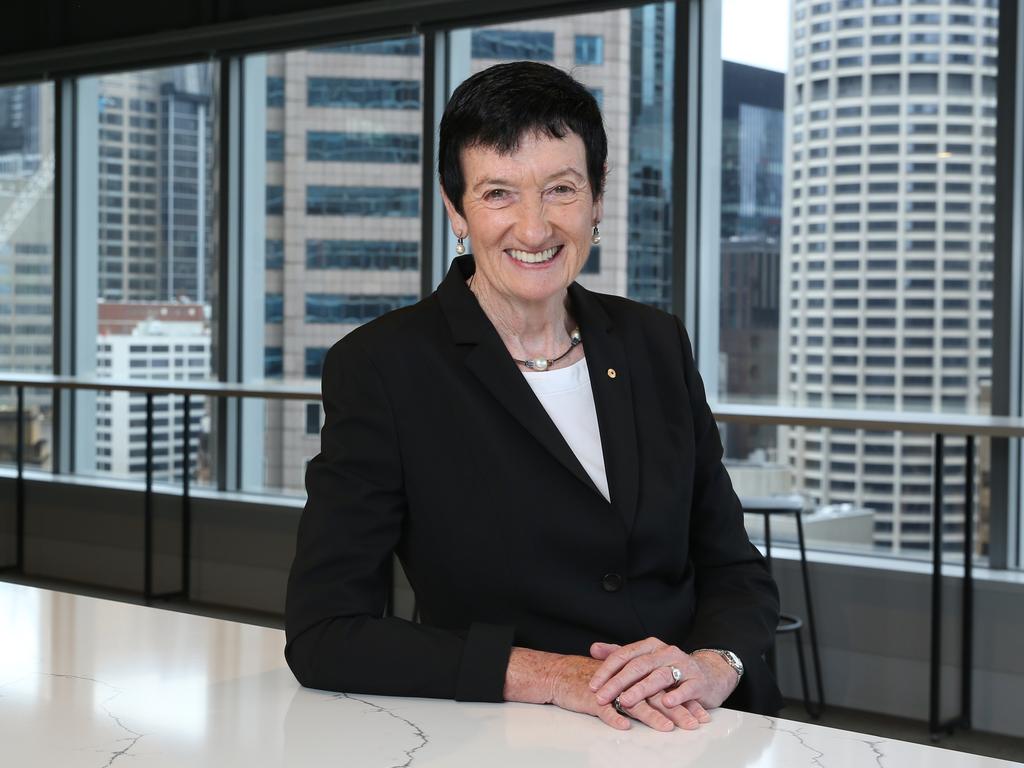Faith leaders urge action on drug reform
The Minns government is being urged to relax laws to avoid ‘needless’ and ‘disastrous’ interactions with the criminal justice system.

Faith leaders have urged the Minns government to accelerate drug reform and relax laws to avoid “needless” and “disastrous” interactions with the criminal justice system as a promised drug summit remains dateless.
In a letter to NSW Premier Chris Minns, leaders from the Jewish, Anglican, Catholic, Uniting and Muslim faiths also urged the government to move quicker and be more transparent on its promised drug summit.
“As leaders of faith in our communities, we see the impact of drug dependency on individuals and their families,” the letter read.
“We also see the impact of criminalisation and stigma and the pain this causes.”
The letter was signed by the Reverend Mata Havea Hiliau of the Uniting Church; Rabbi Mendel Kastel; Father Peter Smith of Sydney’s Catholic Archdiocese; the Reverend Peter Stuart, bishop of the Anglican Newcastle diocese; Major Kim Haworth of The Salvation Army; and Abbas Raza Alvi, president of the Indian Crescent Society, which represents Indian Muslims.
“Let us work towards policies that reflect the values of our faiths and contribute to the wellbeing of all members of our society,” the letter read.
Labor in 2019 committed to holding a summit, which predated an ice inquiry commissioned by former premier Gladys Berejiklian, and recommended the decriminalisation of illicit drugs.

Ms Havea Hiliau, the moderator of the NSW and ACT Uniting Church Synod, said she was concerned about the summit’s holdup. “With a quarter of this parliamentary term nearly over, we are concerned that weeks are turning to months – and every day people are suffering from the harms caused by our unfair drug laws,” she said.
She said all reforms “should be on the table”, including pill testing at festivals and decriminalisation of small amounts of illicit drugs.
Rabbi Kestel, Jewish House CEO, said faith leaders saw the “impact of drug dependence” and called for clarity. “We understand that this issue does not stand alone,” he said. “It is complex and multifaceted and intersects with other issues.”
In October, the government introduced “two-strike” legislation, which would allow police to issue a maximum of two on-the-spot $400 fines at their discretion, which is then waived if the person completes a drug and alcohol intervention program.

Major Haworth, NSW and ACT divisional commander of The Salvation Army, said: “We are concerned people will find themselves caught in a cycle of dependency with few treatment options and needless interactions with the criminal justice system.”
Father Smith said the issue was of “paramount importance” and a failure to act on drug dependency had come with an “enormous cost” and Mr Raza Alvi said the impact of “unfair drug laws” couldn’t be “understated”.
The leaders also urged the premier to ensure the summit was five days, as opposed to the reported two-day event it could be.
Health Minister Ryan Park said an announcement would come in “due course”.
“I want to recognise that many faith-based organisations understand all-too-well the impact of addiction on their communities,” he said.
“I acknowledge their passion and strong desire for meaningful reform, as well as their tireless work in this space.”







To join the conversation, please log in. Don't have an account? Register
Join the conversation, you are commenting as Logout